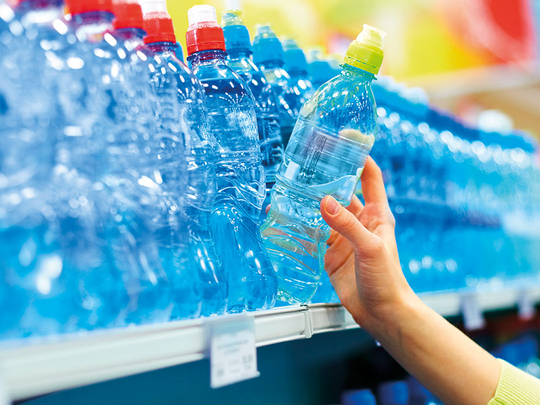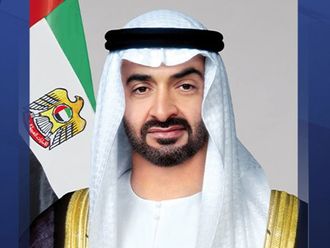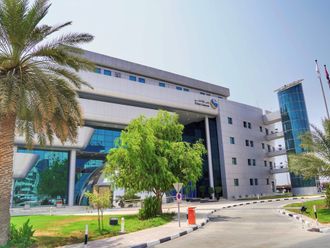
Dubai: Contrary to a new study suggesting bottled water may contain microplastics, water sold in plastic bottles across the United Arab Emirates is safe for human consumption as far as the federal agency responsible for product standards and safety is concerned.
Emirates Standardisation and Metrology Authority (Esma) told Gulf News on Thursday that federal testing and monitoring of all plastic bottles in the country meet the domestic and international safety standards.
The assurances come after a new study suggested that 90 per cent of the more notable bottled water brands around the globe may contain tiny pieces of plastic.
A wire story by AFP reported that for every litre of bottled water around the world across 11 brands analysed in a laboratory, 259 bottles from 19 locations in nine countries contained 325 plastic particles.
Abdullah Al Maeeni, director-general of Esma, said the authority implements health and food safety management systems at local water production plants so that producers can take into account all the critical points in the industry, the issue of quality management in the production lines, packing mechanisms, and the equipment used at each stage.
- Abdullah Al Maeeni | Esma director-general
“Polyethylene Terephthalate (PET) bottles or five-gallon water containers are safe at high temperatures,” Al Maeeni told Gulf News.
Quality mark
“The bottled drinking water factories are audited according to the requirements of Emirates Quality Mark which involves evaluation of food safety management system (FSMS) implementation and product evaluation according to UAE/GSO standards.”
The food safety testing regimen by Esma rigorously tests and inspects plastic bottles to ensure no harm comes to consumers, Al Maeeni said.
The “FSMS evaluation involves an evaluation of the microbiological, chemical and physical hazards of the product and its packaging. The bottled water containers are subjected to microbiological and migration testing (up to 60 degree Centigrade) by the third party competent laboratory accredited to ISO 17025”, Al Maeeni said.
“Add to this, internal quality control of the factory is required as part of their FSMS implementation to eliminate or reduce the presence of the above-mentioned hazards on the bottles. This ensures that the packaging is safe for consumption. Products which comply with the regulation are required to place the Emirates Quality Mark on their product label,” he said. “Apart from the FSMS implementation, the packaging material including the product is evaluated for its compliance with UAE S. GSO 1025 for bottled drinking water and UAE S. GSO 987 for Natural Mineral Water.”
Municipalities across the country did not issue statements regarding the water study.
Smart labelling in Dubai
However, Dubai Municipality is already in the process of rolling out a smart labelling and tracking system that will prevent harmful impacts of overused five-gallon water bottles, Gulf News has learnt.
The smart system will make sure the five-gallon water bottles do not cross the limit for refilling since reusing the polycarbonate plastic bottles above the permitted limit can harm the health of the consumers.
“The implementation will be announced soon,” a senior official said on Thursday.
He said the municipality’s private partner in the project and bottle manufacturing companies are now ready to implement the system after a grace period given by the municipality.
Refilling limit
During the announcement of the project in August 2016, officials said the municipality had set the number of maximum refilling of five-gallon bottles at 33 since overused bottles can release carcinogenic and endocrine disruptive compounds in drinking water.
In April last year, officials said a grace period of six months would be given to manufacturing companies after they emboss smart labels in bottles within two months.
The project is a joint venture of the Food Safety Department in the civic body and SICPA, a Swiss company that will provide smart solutions for the project.
These include a mobile application through which consumers and inspectors can verify details of these water bottles, specifically the number of times the bottles has been refilled.
This can be checked through the smart labels on the bottles. With the implementation of the technology in the factories, bottles that have crossed the limit will be automatically rejected from the production line.
A mobile app for customers will be launched during the implementation stage, officials said.
Through the app, customers will be able to read product details, company name, brand name and other information related to the water bottles.
It will also empower consumers to scan the bottles themselves to confirm the origin, other product information and detect uncertified products.
Inspectors will be provided with a special device to read additional information about the product.












